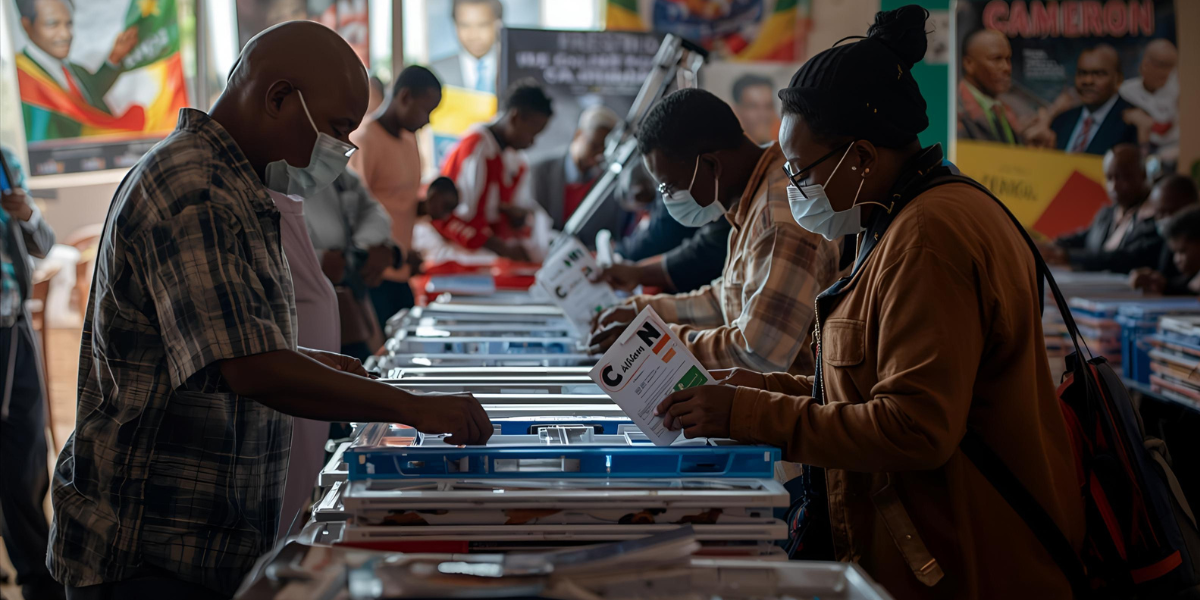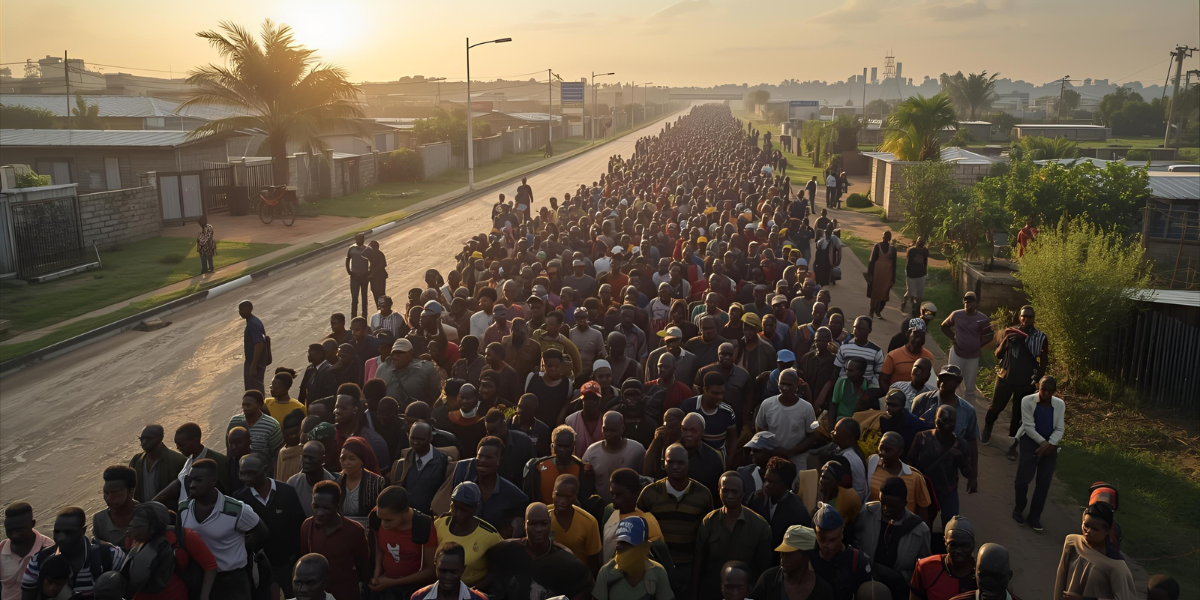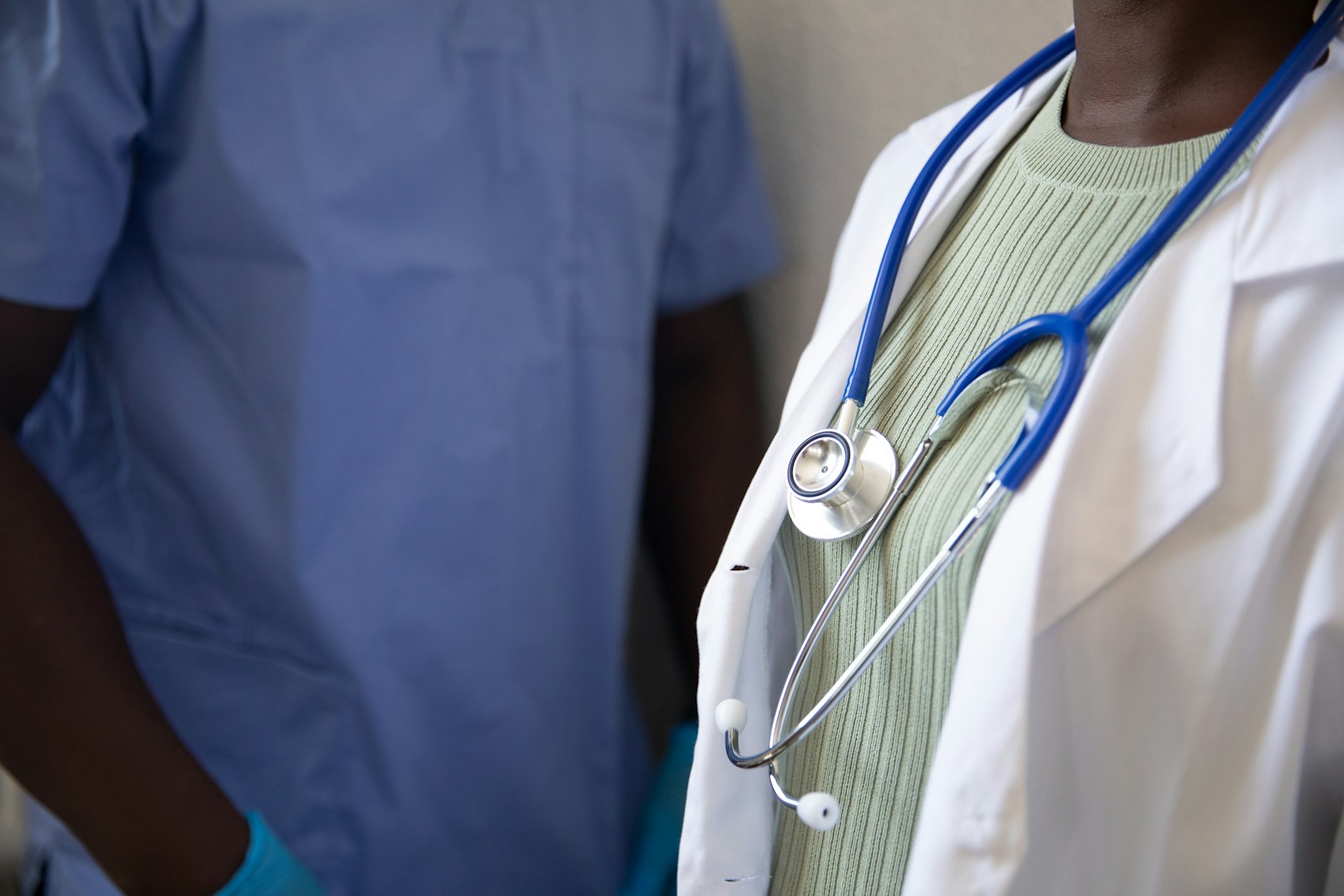Cameroon Election: 5 Critical Challenges Threatening 2025
The upcoming Cameroon Election in 2025 marks a pivotal moment for the nation’s political trajectory. With growing internal tensions, emerging opposition movements, and evolving voter expectations, the election represents more than a routine vote it is a test for the country’s stability and democratic resilience. Cameroon Election 2025 is set against a backdrop of complex socio-political dynamics, requiring careful analysis of risks and opportunities for all stakeholders.
1. Political Fragmentation and Party Dynamics
Cameroon Election underscores the significant impact of political fragmentation. Multiple parties and movements compete for influence, creating a highly dynamic and sometimes unpredictable landscape. Understanding the alliances, rivalries, and ideological differences among parties is crucial for predicting electoral outcomes and crafting effective campaign strategies. The stakes are high, as these dynamics can either foster compromise or intensify divisions.
2. Voter Engagement and Turnout
Cameroon Election highlights the centrality of voter engagement. High turnout can legitimize results, whereas low participation may undermine confidence in the democratic process. Efforts to educate citizens, ensure transparency, and provide equitable access to polling stations are vital. Voter sentiment often reflects broader societal issues, making engagement a critical factor in shaping not just the election outcome, but the nation’s political future.
3. Security Concerns and Electoral Integrity
Cameroon Election 2025 faces considerable security challenges. From regional unrest to localized violence, safeguarding polling stations and protecting voters is a priority. Electoral integrity is closely linked to public confidence, requiring comprehensive monitoring and rapid response mechanisms. The U.S. and international observers often emphasize security protocols, highlighting their role in maintaining legitimacy and preventing disputes that could destabilize the country.
4. Media Influence and Information Flow
Cameroon Election highlights the growing role of media and social platforms in shaping public opinion. Campaign narratives, news coverage, and online discourse influence voter perceptions and candidate popularity. Ensuring accurate reporting and combating misinformation are essential for a fair election. For insights on media freedom and electoral reporting, visit Reporters Without Borders.
5. Economic Conditions and Public Sentiment
Cameroon Election 2025 demonstrates how economic realities shape voter behavior. Rising inflation, unemployment, and regional disparities impact citizens’ priorities and expectations from elected officials. Candidates addressing economic concerns gain an advantage, highlighting the intersection between governance, policy, and electoral success. Explore our detailed analysis of Cameroon’s economic outlook here.
6. Ethnic and Regional Considerations
Cameroon Election underscores the influence of ethnic and regional identities. Candidates often need to navigate complex demographic landscapes, balancing representation and national unity. Understanding these dynamics is crucial for crafting inclusive policies and preventing polarization. Electoral strategies that account for these factors tend to resonate more with voters, ensuring broader support across diverse communities.
7. International Observers and Diplomatic Oversight
Cameroon Election emphasizes the role of international observers in maintaining transparency and legitimacy. Diplomatic oversight by organizations and foreign governments ensures adherence to electoral standards. Monitoring processes, reporting irregularities, and providing recommendations help build confidence among voters and political stakeholders alike, reinforcing democratic norms across the country.
8. Youth Participation and Activism
Cameroon Election 2025 highlights the growing influence of young voters. Youth activism, social campaigns, and grassroots mobilization shape public discourse and candidate priorities. Engaging this demographic is crucial for inclusive politics, as their participation often reflects broader societal trends and long-term national aspirations.
9. Legal Frameworks and Electoral Reforms
Cameroon Election underscores the importance of robust legal frameworks. Electoral reforms, transparent legislation, and judicial oversight prevent disputes and ensure accountability. Reviewing past election processes and implementing reforms fosters trust in institutions and reduces the risk of post-election conflicts, creating a stronger foundation for democracy.
10. Balancing Stability and Change
Cameroon Election illustrates the delicate balance between maintaining national stability and accommodating political change. Leadership transitions must respect democratic principles while addressing societal demands. Strategic planning, dialogue with opposition groups, and inclusive governance approaches ensure that change strengthens, rather than destabilizes, the nation.
Conclusion
Cameroon Election 2025 represents a defining moment for the nation. From political fragmentation to youth engagement, every factor shapes the trajectory of the country’s democratic evolution. By understanding these challenges and opportunities, stakeholders can navigate the complexities of the vote, fostering a credible, inclusive, and stable electoral process. Cameroon Election underscores the critical importance of strategy, transparency, and citizen participation in shaping the nation’s future.




